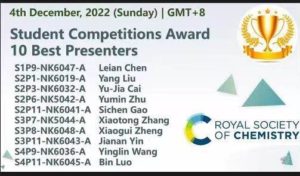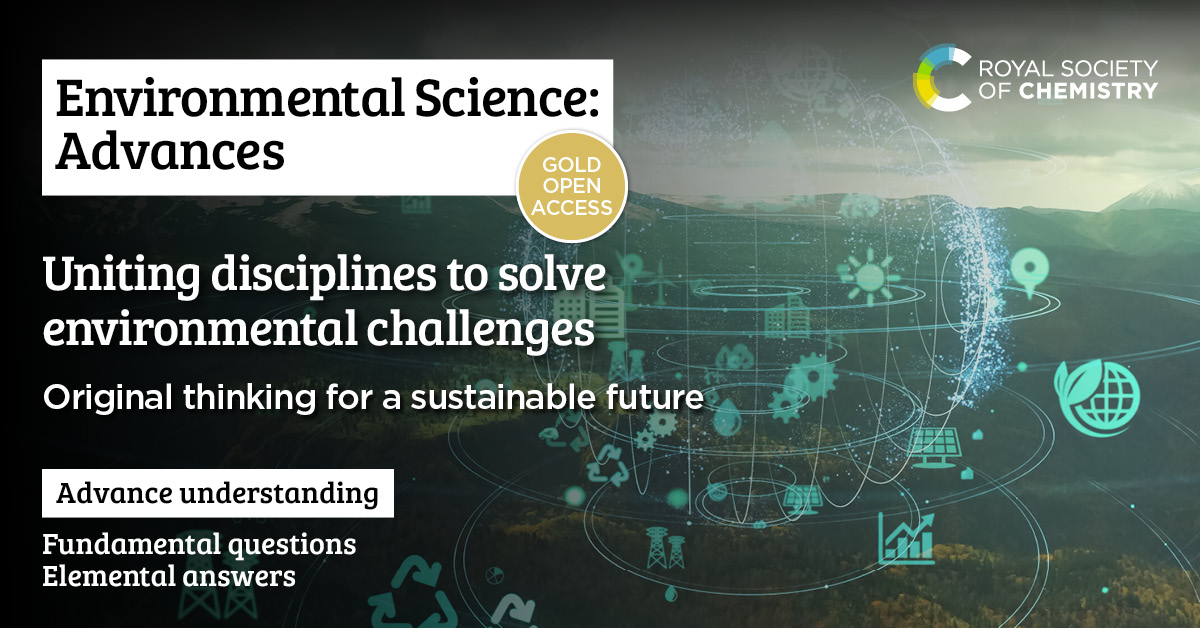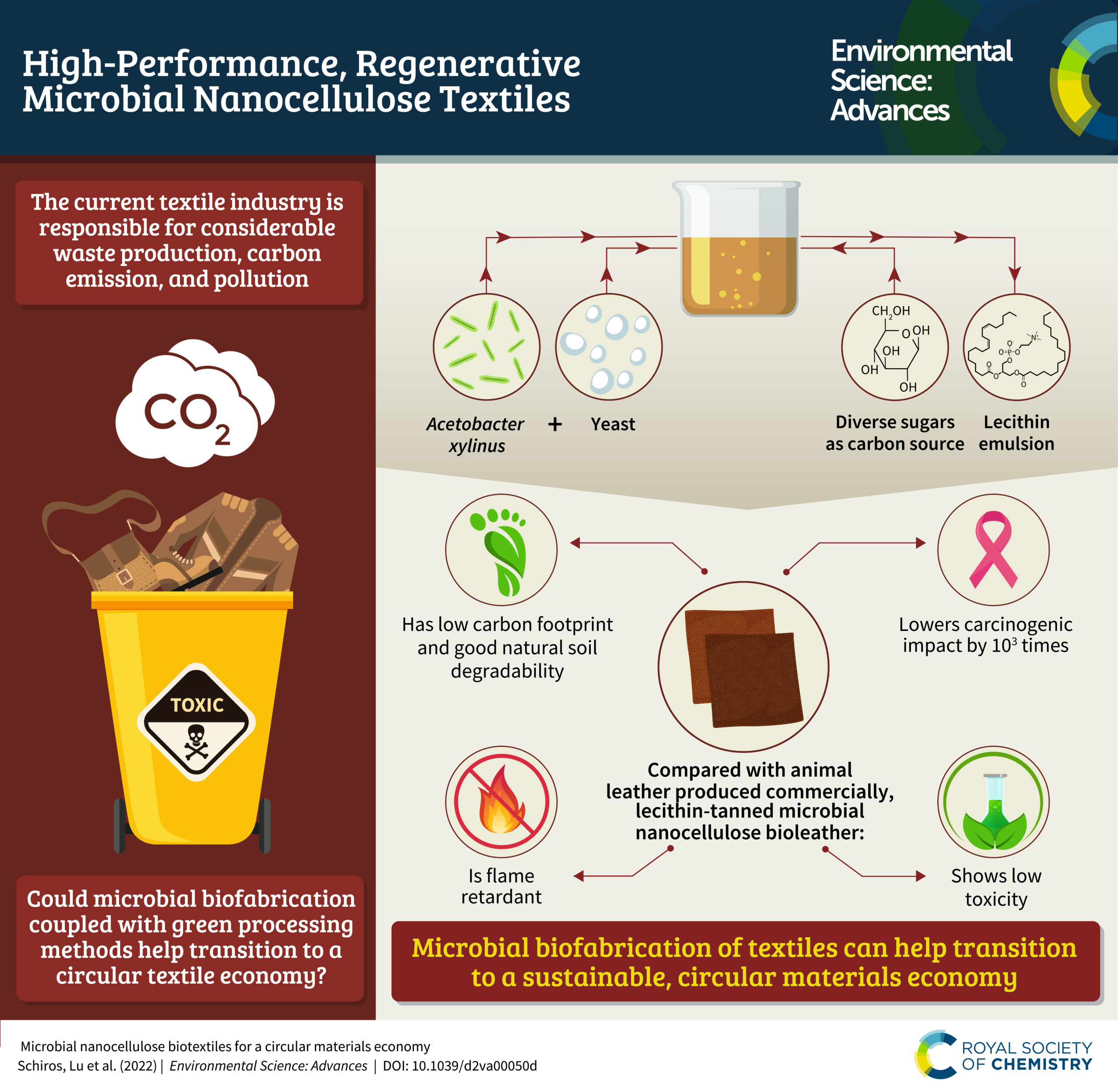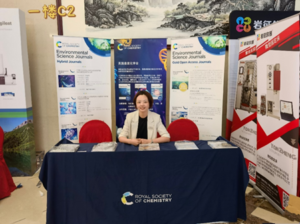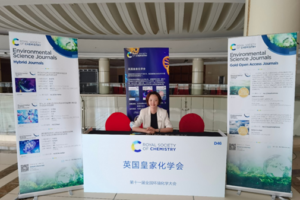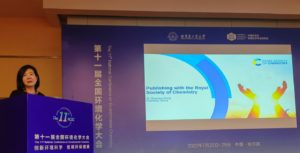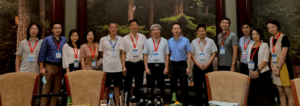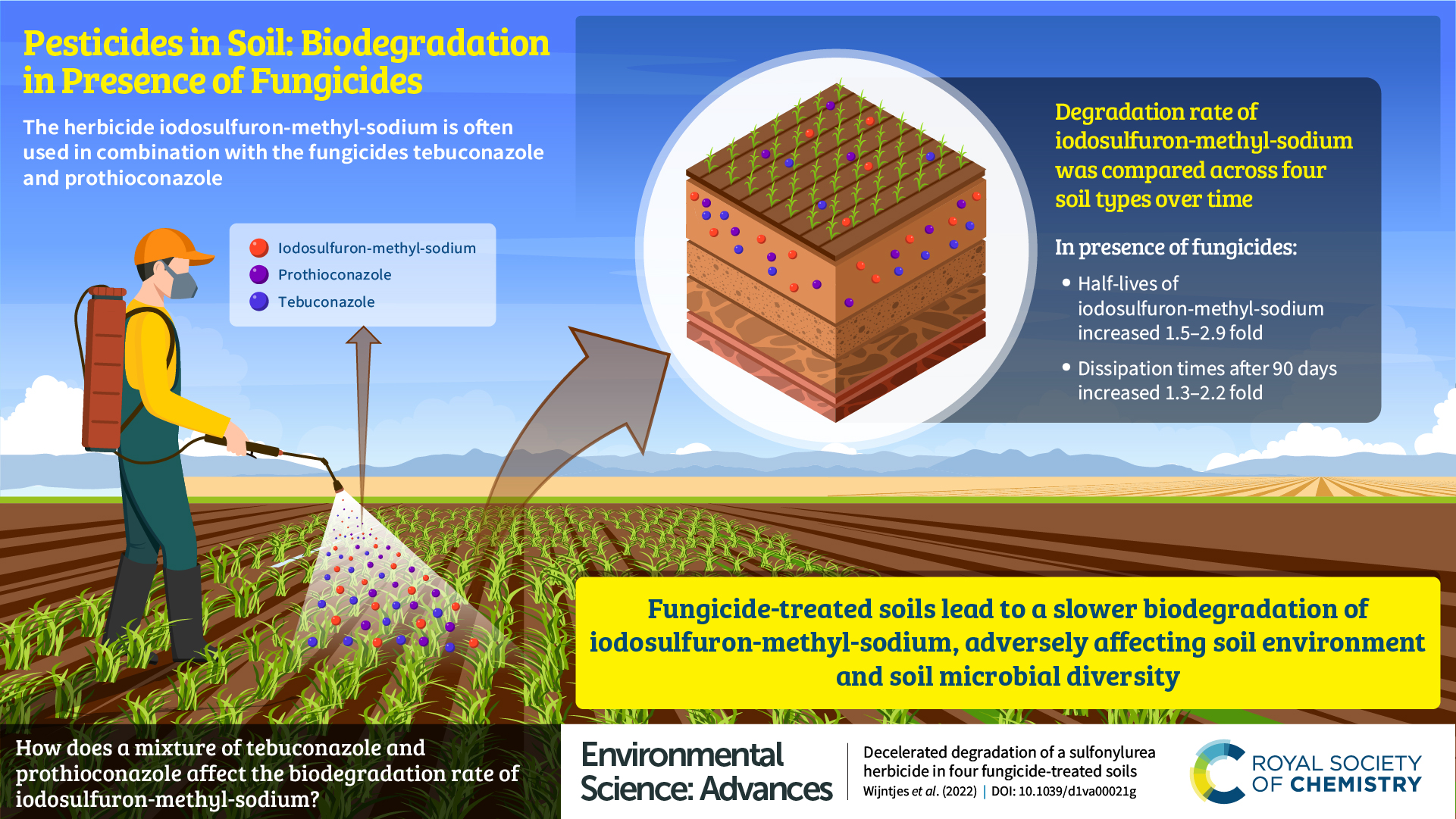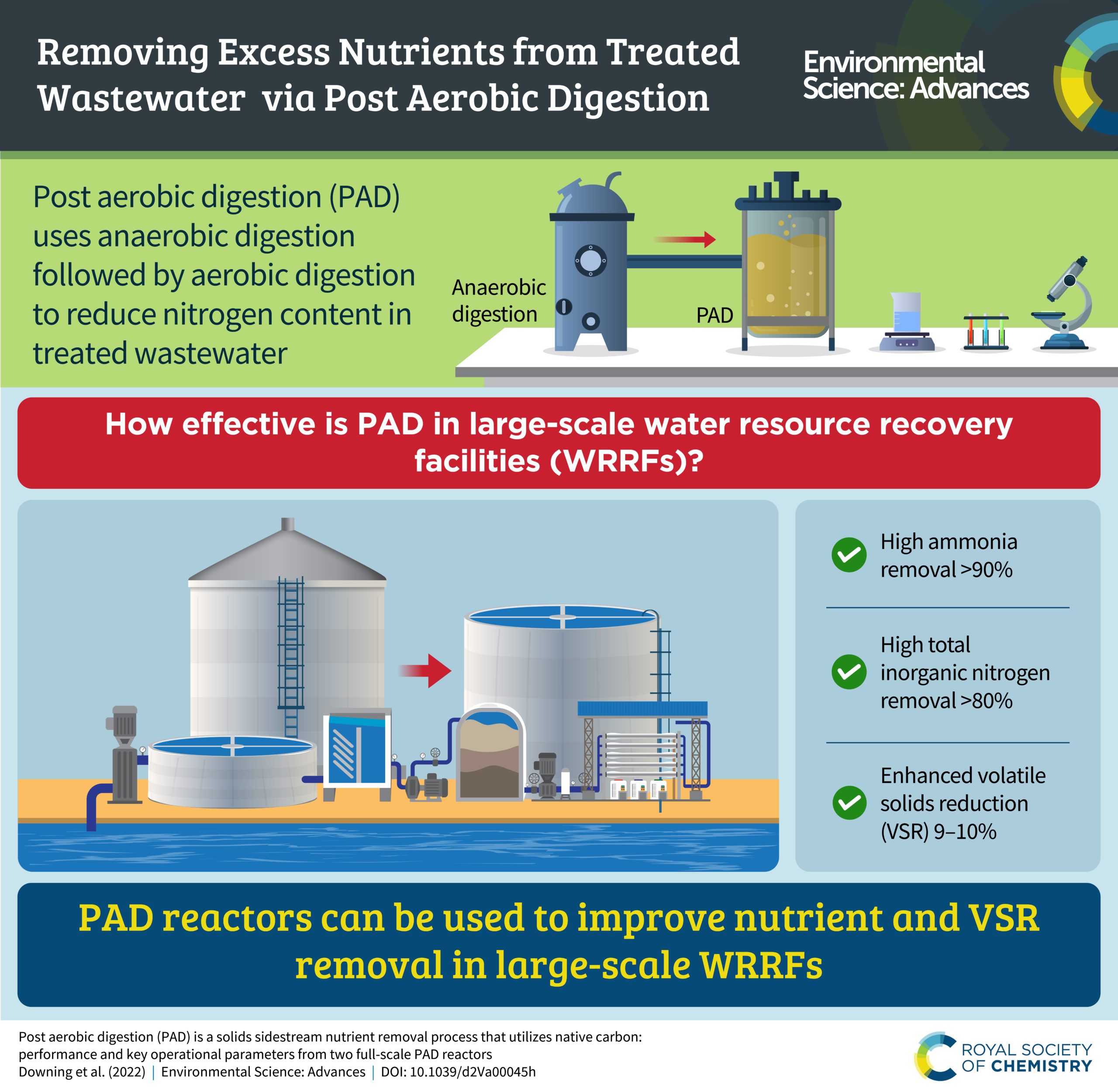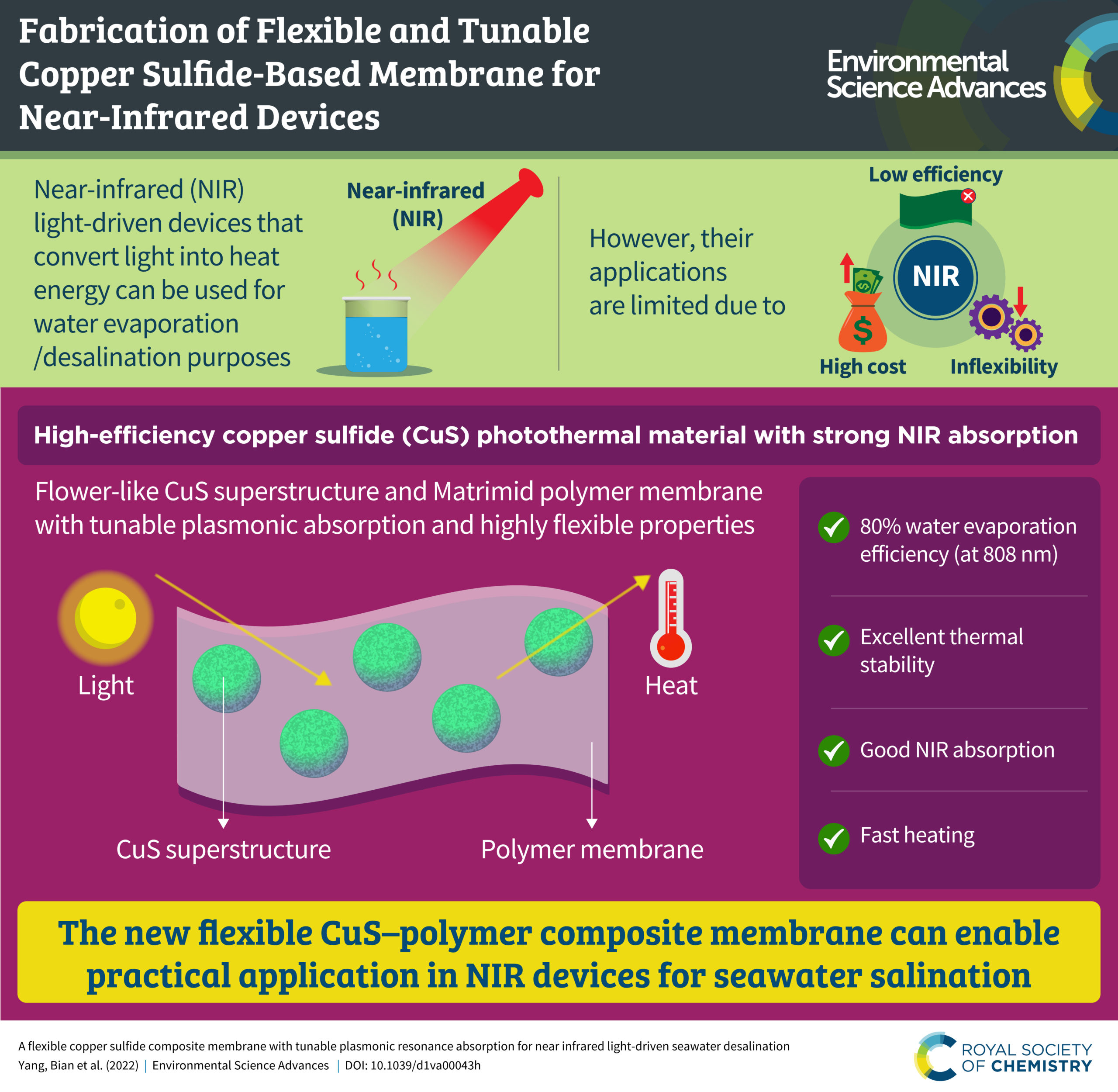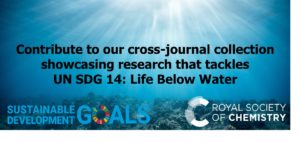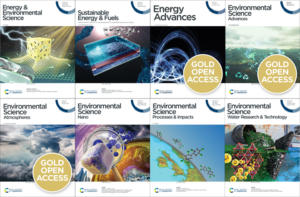
We are delighted to be sharing with you recent Advance Articles from Environmental Science: Advances.
Environmental Science: Advances is an interdisciplinary, gold open access journal that publishes advances in all areas related to environmental sustainability. The journal welcomes and celebrates research that contributes to our understanding of the environment, and to the advancement of several UN Sustainable Development Goals.
We have recently accepted several papers across the full spectrum of environmental science, ranging from insights into coccolithophore electrochemistry to pollutant emissions and implications for policy. Read on to hear from one of our authors, Richard Compton, about their work.
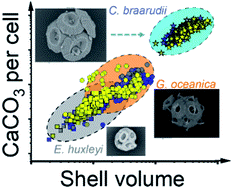
Single-entity coccolithophore electrochemistry shows size is no guide to the degree of calcification
Richard Compton et al.
Environ. Sci.: Adv., 2022, Advance Article
DOI: 10.1039/D2VA00025C
Professor Richard Compton on the work: Marine phytoplankton play a crucial but largely unexplored role in the global carbon cycle sequestering in excess of 1015 g of CaCO3 to the deep ocean each year. This is directly comparable to the flux of carbon dioxide released by mankind. Plankton in the ocean play at least as important a role as do trees on land in fixing carbon dioxide!
Data, essential for realistic climate models, on the calcium carbonate content of plankton populations has hitherto been limited to sampling followed by wet chemistry or crude estimates via 2-dimensional microscopy imaging.
Our paper shows how electrochemistry can be used to provide a high throughput single entity measurement of particulate inorganic carbon and reports that different coccolithophores, E.huxleyi, G.oceanica and C.baarudii have widely different CaCO3 masses ranging over three orders of magnitude from 2.6 pg to 8.3 ng per plankton, and that surprisingly within a species the calcium carbonate content is NOT related to the cell size.
The implication is that the speciation of plankton populations must be monitored not simply their extent such as results from the commonly used satellite monitoring of plankton fluorescence.
The work, a collaboration between Oxford Chemistry and Earth Sciences, entitled Monitoring Ocean Ecosystems, is supported by the Oxford Martin School (https://www.oxfordmartin.ox.ac.uk/programmes/ ) and is also addressing the use of electrochemistry for easy plankton speciation sensing.
We hope you enjoy reading these articles – get future articles delivered straight to your inbox by signing up to E-alerts.
Comments Off on Read recent Advance Articles in Environmental Science: Advances – Available Now
